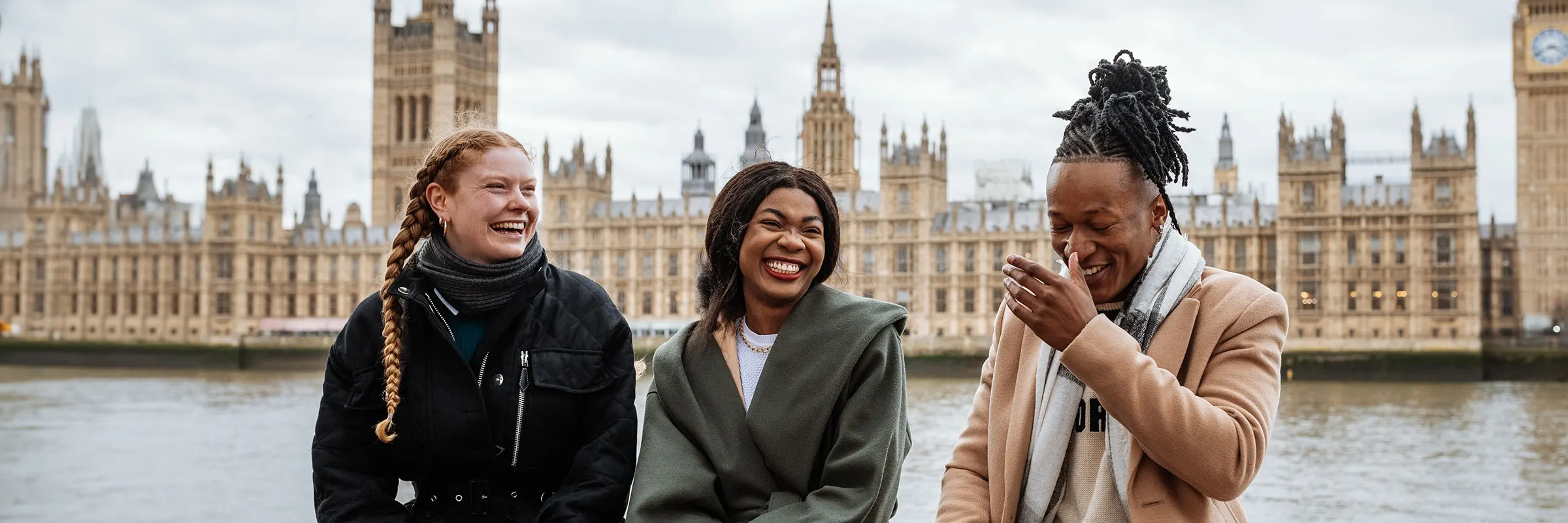Saving is a valuable money habit, but how do you know you’ve saved enough? Once you’ve checked off some of the basics, it can be helpful to branch out and diversify what you put your money toward — for instance, increasing debt payments or considering an investment account could be your next step.
Take quiz: How to pick an investment account for you
How much do you need saved?
Your personal financial goals and needs will determine how much you should have saved. If you’re unsure about how to set these benchmarks, start with these two checkpoints.
Maximize your emergency fund
Once you’ve set aside three-to-six months’ worth of living expenses for your emergency fund (or whatever goal makes sense for your lifestyle), it could be time to assess where you’re keeping that money. An accessible account, like the Ally Bank Savings Account, can help earn interest at a competitive rate but still keep your funds readily available if life throws you a curveball.
Pay off high-interest debt
If your emergency fund is in good shape, it might be smart to focus on taking steps to eliminate some of the debt you may be carrying. In particular, high-interest debt, like owing on a credit card, is a good place to start. Balances on these types of accounts accumulate fast and can negatively impact your credit score. Reducing these balances quickly means more saving in the long-term.
If your emergency savings account is fully funded, it could be a good time to start planning and saving for short-to-mid-term goals.
Pursue your financial goals
Saving “too much” money isn’t really a problem on its own. But saving without a strategy means your money might serve you better elsewhere. Whether you’re saving for retirement or your kids’ college education, you have choices when managing money beyond a savings account.
Save for your short-term goals
If your emergency savings account is fully funded, it could be a good time to start planning and saving for short-to-mid-term goals. These will be unique to you, but consider pursuing milestones like buying a house or planning a special trip. Since you have more control over the timing of when to hit these financial targets, quick access to your money can be less of a priority. This flexibility opens the door to a few more tools like certificates of deposit (CDs), money market accounts and beyond.
Invest your extra cash
If it’s your first time investing, you might feel nervous. But preparing for big goals, such as retirement or estate planning, may require a strategy beyond socking money away in a savings account. While investing always comes with risk, growth potential is an important reason why investing can help you pursue those long-term goals. You might also employ investing strategies to try to combat inflation. Just remember to weigh the risks by researching any potential investments and account types.
If you’ve shied away from investing in the past or you’re waiting for the best time to invest, know that starting early gives you more time in the market and with Ally Invest, there are many choices to help suit your unique needs and investment objectives. If "too busy to invest" is your biggest hold-up, you might consider starting with a robo advisor to minimize the hands-on work.
Read more: Does a financial advisor or robo advisor better suit your needs?
Find more opportunities for your money
Setting aside money for an emergency fund is only the beginning of a strong approach to your financial health. By exploring more opportunities — whether you take advantage of higher interest rates or the potential returns of the stock market — you can consider other ways to pursue your goals.



